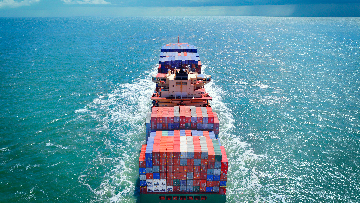Review our Applicant’s Guide to enhance the quality of your submission.
The CanExport Innovation program will begin accepting applications for its next funding round. Please be aware that we expect demand to exceed available funding. Projects will be assessed until the budget is fully allocated. Funding may not be available for all eligible projects.
To support more Canadian innovators, the CanExport Innovation program will be giving priority to projects with a total budget below $50,000.
The portal will open at 9 AM EST on November 17 and will remain open for 24 hours.
Innovators from Canadian organizations may access funding to assist with research and development (R&D) for a single technology. We cover up to 75% of costs to pursue and sign collaborative R&D agreements with international partners.
Who can apply
We accept proposals from:
- Canadian small and medium-sized enterprises
- Canadian academic institutions
- Canadian non-government research centres
To be eligible, your organization must:
- be registered in Canada
- have a Canada Revenue Agency (CRA) business number
- own, co-own, or have decision-making authority over the intellectual property (IP) rights for the technology
- have a prototype (Technology Readiness Level 4 or higher)
- intend to commercially launch the technology within 5 years
What activities we fund
We support the following non-travel activities:
- applying for intellectual property protection in international markets
- applying for certification in international markets
- seeking expert legal and business advice
- shipping technology to determine feasibility/compatibility with a partner's technology
- translating, adapting, and creating promotional plans or materials
- attending virtual networking functions, meetings, or conferences
We also support travel-related activities:
- travel abroad or in Canada to meet with pre-identified foreign partners
- attending an event or conference to meet with pre-identified foreign partners
Featured

CanExport funding acts as stepping-stone for rising tech startup
Discover how an entrepreneur leveraged our support to form valuable partnerships in the U.S.

Vancouver-based innovator makes global strides with smart dust technology
Find out how an R&D partnership in India is driving EPIC Semiconductors' development of groundbreaking "smart dust" microchips.
